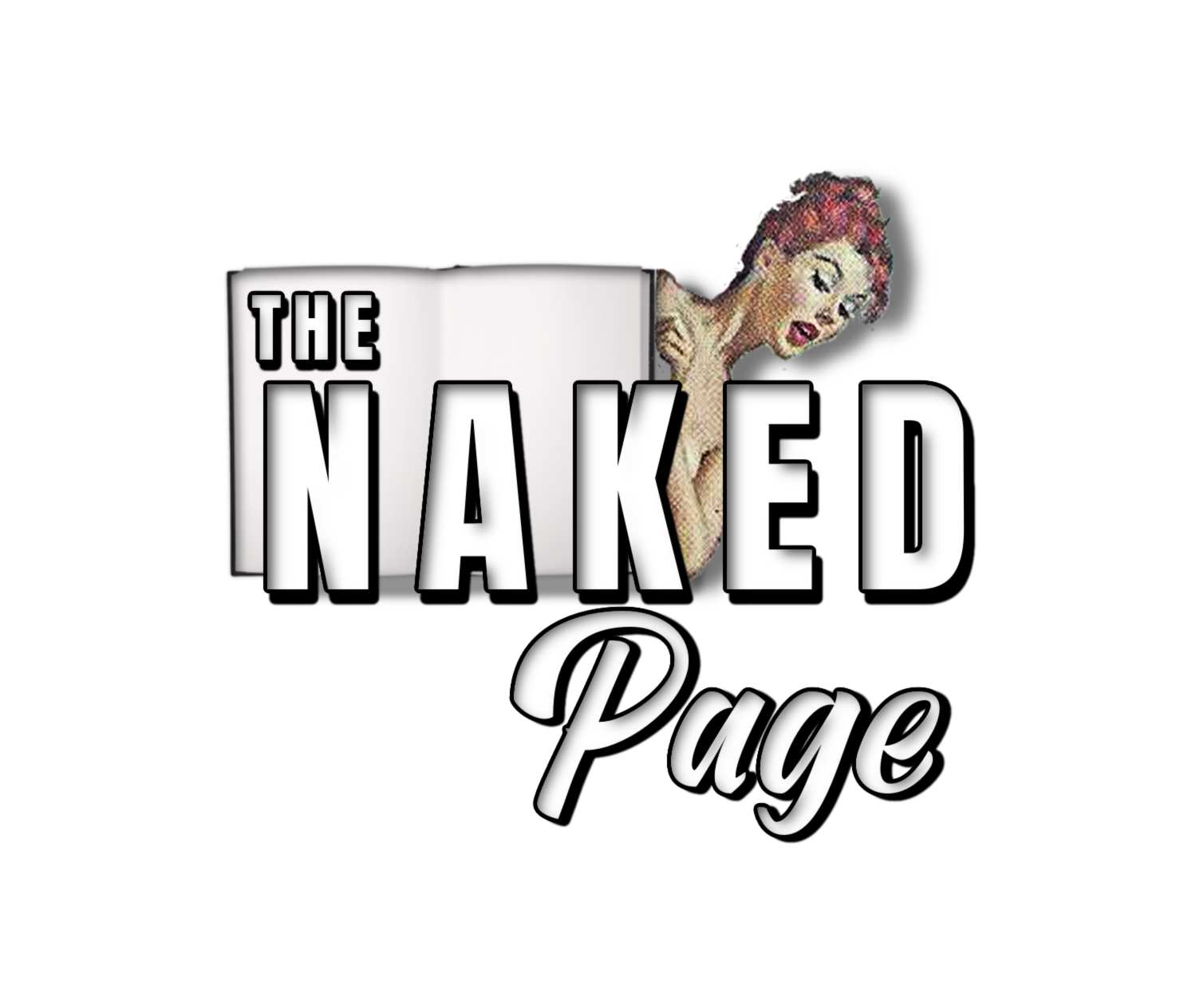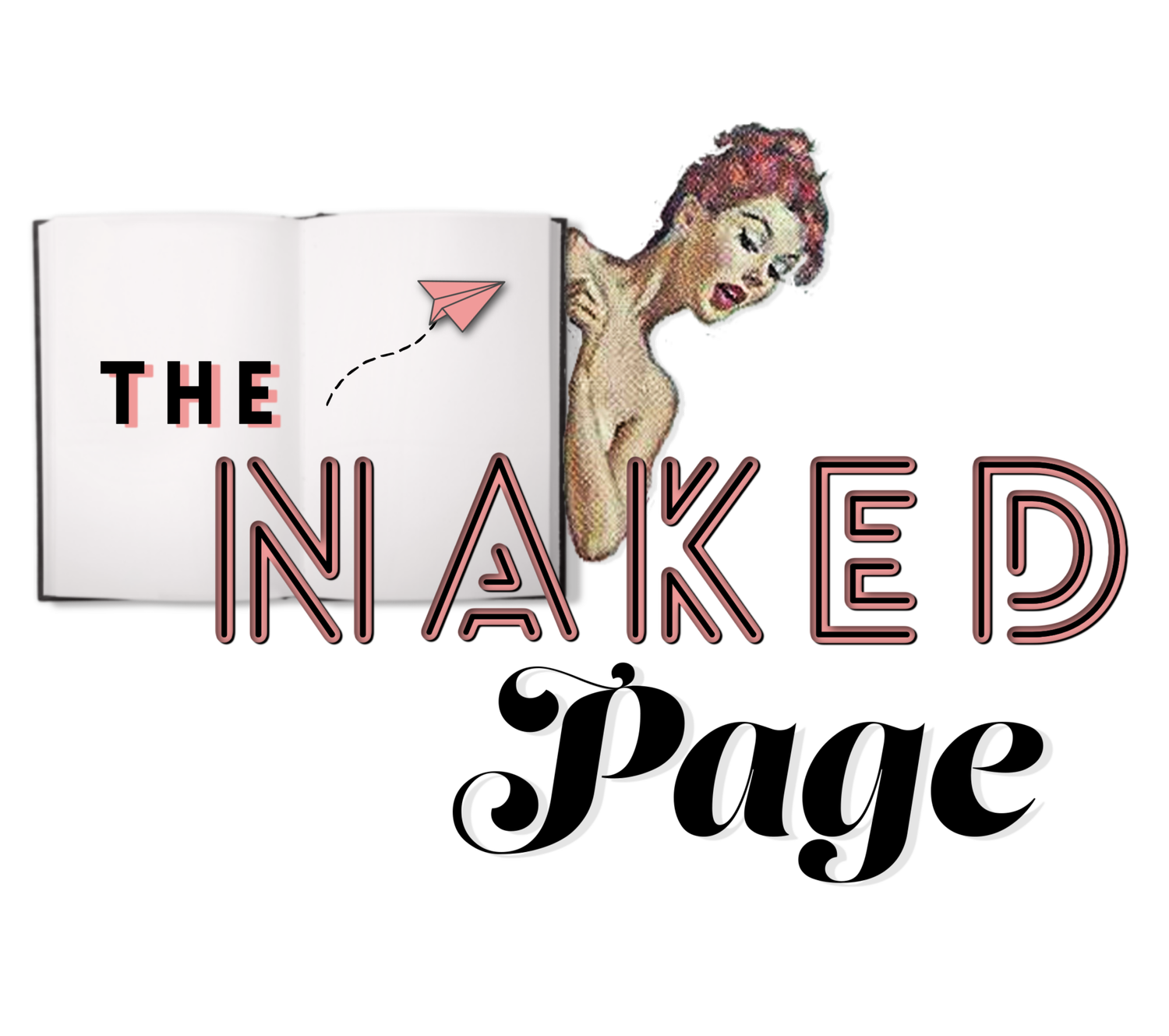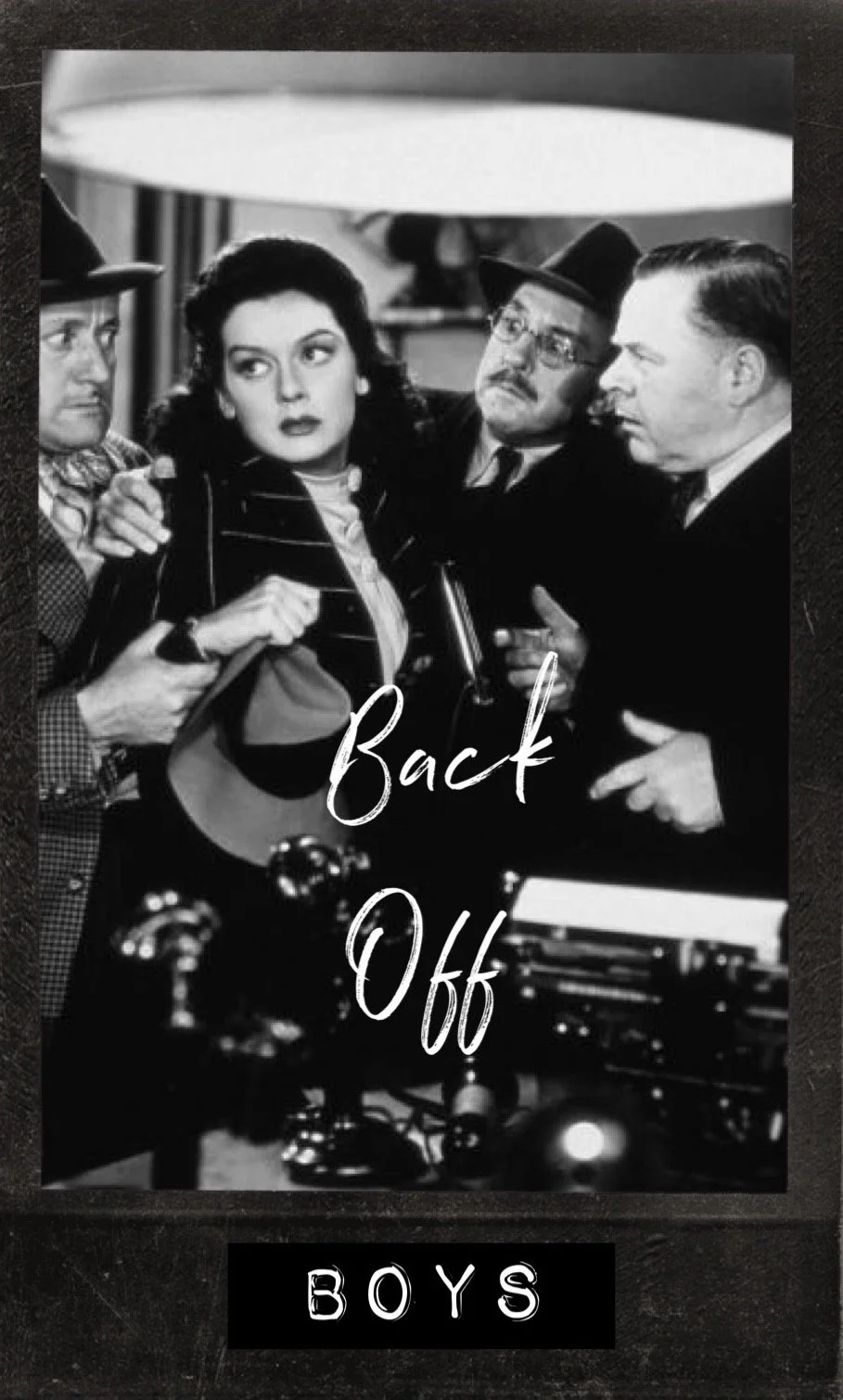Grammar Police, You’re Under Arrest!
Have you been attacked by the Grammar Police?
Don’t let it kill your confidence. Here’s why content is king—or queen.
It drives me bonkers to see grumbly grammarians nitpicking everyone’s typos and simple mistakes on social media. Absolutely, there are agreed-upon rules for the written word that help us better understand what a writer is trying to communicate.
But that’s just it—writing is a form of communication. The rules should complement that conversation, not the other way around.
If someone has adequately communicated their message, that’s enough.
Yesterday, I spoke to a guy in one of my writing groups about how demoralized he was because every time he gave his writing to someone, they failed to critique his content and instead lectured him about his typos and misspellings.
That’d be like a reader getting his hands on the first draft of the Scarlet Letter and telling Nathaniel Hawthorne how he could better format his document instead of reacting to the religious and patriarchal themes of the story.
Or telling Mary Shelly her monster from Frankenstein had a little spinach in his teeth. Rather than reacting to the first real piece of science fiction created by an 18-year-old woman in the early 19th century.
It’s literary blasphemy. And it isn’t pretty.
Hey, beta reader, if this is you—YOU’RE DOING IT WRONG!
Pointing out minor grammatical flaws instead of responding to a story’s significance doesn’t make you look clever or more intelligent, it means you missed the point.
If we look at the roles of editors within the world of story creation, it breaks down to something like this:
Beta Reader: Not an editor or proofreader.
Someone who reads and assesses content like a book lover. A beta reader should give the author a picture of what was understood or what was confusing about the writing. This is an introductory phase of the editing process with beta readers involved long before an agent or publisher is onboard.
Beta readers help writers gauge the temperature of their books within a market. Think, “this is how my book will be received by a reader.” That’s the job of a beta reader.
Developmental Editor: an editor who concerns themselves with big-picture edits. The macro stuff of moving around and splicing story structure, solidifying characters, and clarifying the central message. These editors can help writers flesh out their stories in more detail. Sometimes these types of editors also identify as writing coaches because they work through the storytelling process with an author.
They don’t do proofreading.
Think of developmental editors as the conduit between a writer and a reader. They help a writer better understand what a reader needs from a story and build a bridge between the two people on either end of a book.
Line Editor: an editor who tackles smaller, micro issues like the continuity of verb tenses, sentence structure, and the clarity and flow of one sentence into the next. If you do big macro edits, chances are you’ll need to do some fine line editing again. Each time a story is reworked, it should be re-read to make sure flow and minor issues aren’t overlooked.
Line editors smooth out the sentences and put the icing on the cake.
Proofreader: Comes after the icing is on the cake. This guy has the knife that smoothes out an accidental fingerprint in the icing once the cake is in the display case.
The proofreader shows up only in the last phase of the editing process and checks for typos, mechanics, grammar, and spelling issues. The proofreader works with a near-finished product.
She’s the person standing behind the curtain at a fashion show that says, “take those earrings off,” before she shoves you out onto the runway.
Dear beta reader,
If you’re polishing someone’s grammar and spelling before you’ve grasped their story content, you, my friend, are jumping too far ahead.
In short, it’s not your job.
Stop it!
Sincerely,
A Developmental Editor
And that’s just in the publishing world.
We haven’t even scratched the surface of the Grammar Police on the hunt for mistakes among the word jungles created by solo writers a.k.a. bloggers and online entrepreneurs. You know, the people who don’t have teams of editors available to perfect their writing, but must produce regular content on their own.
“If you’re running a business solo, you’re going to have grammatical mistakes that pop up in your writing. Period.”
Why?
Because there’s no way that your eyes moving over the same words, again and again, will catch every mistake.
In days gone by, the printed word was only available to us in the form of newspapers, magazines, and published books. These print materials were run by businesses that had whole teams of people to look over each step of the editing process. If one person didn’t filter out a flaw, the next person would certainly catch it.
And even then, mistakes happened.
Today, there’s only you. And an expectation that you’ll produce great content monthly, weekly, maybe even daily. There’s no possible way you can catch every mistake.
So, shouldn’t we be thankful to the people who are taking the time to correct our spelling and grammar errors online?
It depends on why and how someone is pointing out your typos.
If you ramble on for 20 sentences without any punctuation, your reader will struggle. Communication will be lost. And a reader may need help clarifying your message. But only because your lack of grammar is hindering your ability to be understood.
On the other hand, imagine your message is clearly stated, but I, the reader, don’t happen to agree with you politically. So, I aggressively hammer you about your one homophone mixup. That makes me the asshole, not the writer. I’m not trying to help you formulate your mode of communication, I’m picking you apart publicly so I look smarter than you.
This is always bad form.
“Rules aren’t the point. Your message is the point. ”
And besides, people so hell bent on every. single. word. being perfect aren’t the kinds of folks I want interacting with my stories, anyway. Do those grammarians sound like interesting people who will be captivated by an inspiring story? I picture most in bed by 9 pm alone after scrubbing every nook and cranny of their tiny apartment. (And yes, I was single and lived in a small apartment for most of my adult life, so don’t send me your “wrath of the single lady” posts. I was her once, too.)
“Perfectionism leads to a lack of creativity. ”
I agree, rules are important.
They give us parameters to help us communicate with others, but they aren’t the point. The point is your message. Do you have one? If so, speak it loud and proud!
Forgive yourself for minor mistakes, but keep writing.
If you’re a reader who must correct a writer because some grammatical flaw is inhibiting the flow of the content, why not send the writer a private message? Kindly tell them one-on-one they may want to fix a word or sentence.
Like the time I pulled a waiter aside to let him know the menu included a “mescaline” salad instead of a “mesclun” one. I didn’t need to blast it to the entire restaurant or in a review, but I did want to ensure I was eating a mix of lettuces, not taking a psychedelic drug.
Please dispense with the public displays of apocalyptic apostrophe obsession. The world is not ending over excessive possession.
If you don’t stop attacking writers for minor grammatical mistakes, we’re gonna make you wear a giant red “G” on all your clothing. You’ve been warned, Grammar Police.
And for you writers out there, you are absolutely doing it right. You’re creating content. And you’re putting it out into the world.
You’re bold.
You’re brave.
Keep up the good work.
Have the Grammar Police wounded your writing confidence?
In what ways can you focus on big-picture edits that will take your writing to a new level instead of micro-managing your content by nitpicking at typos and grammatical issues?
***2022 Update to this post:
The Institute for Excellence in Writing is primarily focused on introductory writing skills for early literacy. However, their IEW 2022 Summer Conference provides some key concepts that any writer, novice or professional, could benefit from internalizing.
But, but, but… what about Grammar? is a class taught by founder Andrew Pudewa. I’d highly recommend watching it, especially if you’re in need of some ammunition to aim back at those grumbly Grammarians. Of course, grammar is an essential aspect of writing, but it’s often misunderstood.
In the class, Pudewa spells out how grammar is more of an imperfect art form, rather than an unchanging set of dictates. He uses plenty of examples, gives resources, and presents the four paradoxes of grammar along with the three divisions of grammar, too.
You can access the class here.
But I love his presentation in front of a live audience at the 2022 Summer Conference. You’ll find the But, but, but… what about Grammar? lecture starts at 3:31:11.


